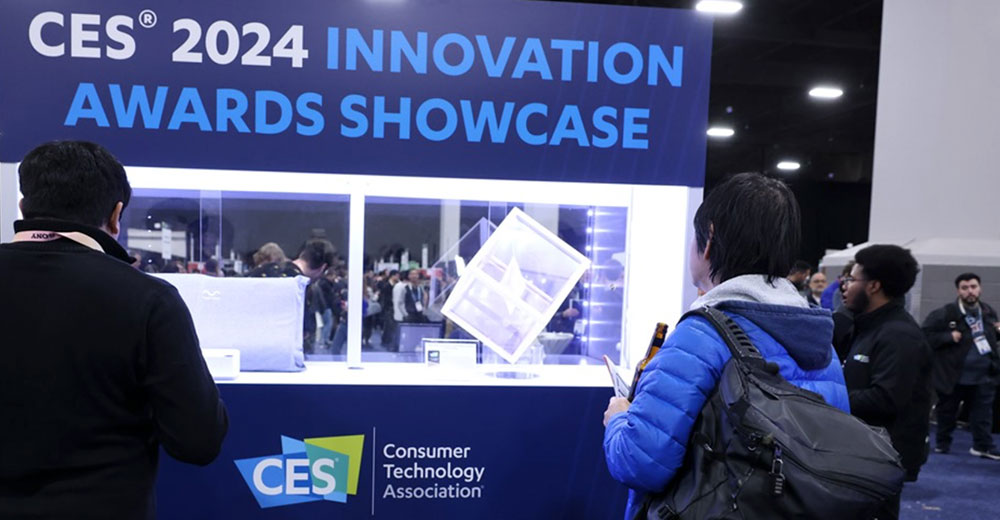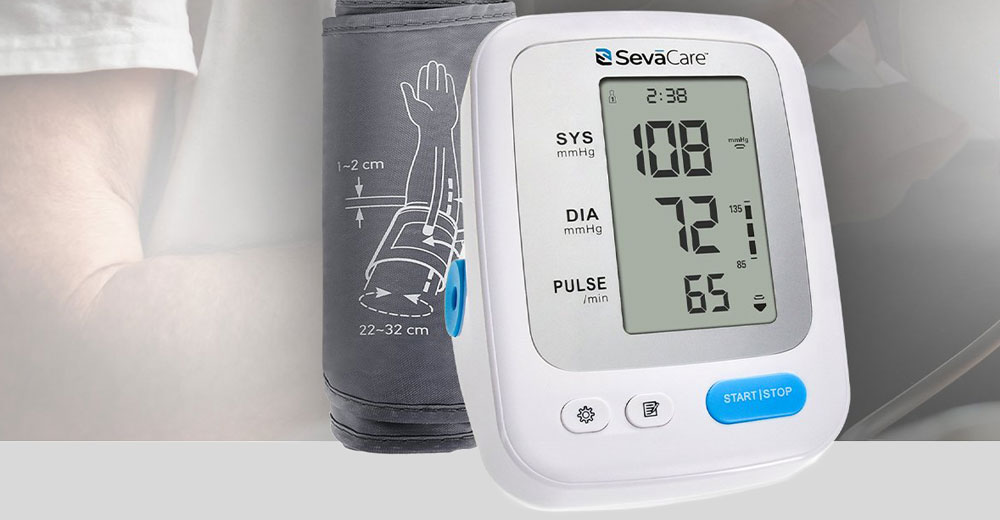Hewlett-Packard got the green light late Tuesday from a Delaware court to continue with its plans to merge with Compaq.
The US$18 billion deal, which is hotly contested by many HP employees and would represent the technology industry’s largest ever merger, hung in the balance while the court heard a suit brought by dissident shareholder and former HP director Walter Hewlett.
The trial grew heated at times, and HP CEO Carly Fiorina was on the witness stand for four hours.
But Delaware Judge William Chandler was not swayed by Hewlett’s arguments and said in his ruling that “members of HP’s senior management testified credibly, in accordance with the evidence and without exception.”
Judge Not Swayed
Hewlett’s suit accused HP executives, including Fiorina, of exerting pressure on some shareholders — most notably Deutsche Bank — to sway their votes in favor of the merger.
According to HP, shareholders voted in favor of the merger, 51.4 percent to 48.6 percent. Hewlett was calling for either a revote or disqualification of some votes.
Hewlett pointed to voice mail messages reported in the press in which Fiorina reportedly called for “extraordinary” measures to convince the large shareholder to vote for the merger. In fact, Deutsche Bank did listen to eleventh-hour presentations by HP executives favoring the merger.
Calling Fiorina’s efforts “reasonable,” Chandler did say that the last-minute meeting “raises clear questions about the integrity of the internal ethical wall that purportedly separates Deutsche Bank’s asset management division from its commercial division,” Chandler said.
Still, he ruled, the “plaintiffs have failed to prove that HP management improperly enticed or coerced Deutsche Bank into voting in favor of the merger.”
Forecast Flubbed?
Hewlett also alleged that HP misled shareholders about the companies’ integration efforts and progress by deliberately hiding internal financial reports. Fiorina and other company executives have said publicly that the two companies are well positioned to undergo a complex integration process.
On the stand, Fiorina said that company managers are generally conservative in their forecasts, leaving the company room to beat the forecasts. But when Hewlett testified, he called the numbers “overly aggressive.”
“I certainly believe the HP numbers are not achievable, and I couldn’t understand why they kept saying they would be,” Hewlett said.
In his ruling, Chandler noted, “Nothing in the record indicates that HP lied to or deliberately misled HP shareholders about its integration efforts.”
More Action Possible
There was no immediate word on what Hewlett might do next, but he left the door open for further action, pending a review of the court’s ruling. In addition, he said his “involvement with HP will not end today,” despite his recent ouster from the HP board.
The vote is still under investigation by the U.S. Securities and Exchange Commission (SEC) and federal prosecutors based in New York.
The New York and SEC investigations “are not expected to stop the merger,” Giga Information Group analyst Rob Enderle told the E-Commerce Times, although he noted that these entities will have more time than Hewlett did to find any improprieties.
“[Walter Hewlett] only had three days to come up with evidence,” Enderle said. “Doing discovery in that period is really impossible. It made for a long shot.”
However, he added, “Enough stuff came out in court to certainly color [HP’s actions]. HP will have to do a lot to dig out.”
HP Slips on News
The merger is scheduled to be completed by May 7th. Ultimately, about 10 percent of HP’s workforce, or 15,000 workers, will be laid off.
On news of the ruling, HP shares dropped from $17.10 to $16.95 in after-hours trading, continuing what amounts to a 26 percent slide that began when the merger was announced last September.
Compaq shares, on the other hand, rose from $10.15 to $10.52.



































Social Media
See all Social Media